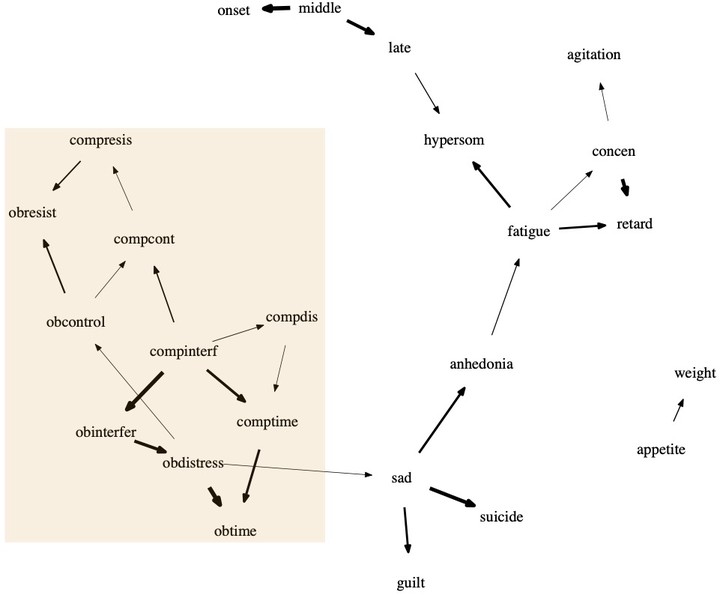Casual Structural Modeling of Survey Questionnaires via a Bootstrapped Ordinal Bayesian Network Approach

Abstract
Survey questionnaires are commonly used by psychologists and social scientists to measure various latent traits of study subjects. Various causal inference methods such as the potential outcome framework and structural equation models have been used to infer causal effects. However, the majority of these methods assume the knowledge of true causal structure, which is unknown for many applications in psychological and social sciences. This calls for alternative causal approaches for analyzing such questionnaire data. Bayesian networks are a promising option as they do not require causal structure to be known a priori but learn it objectively from data. Although we have seen some recent successes in using Bayesian networks to discover causality for psychological questionnaire data, their techniques tend to suffer from causal non-identifiability with observational data. In this paper, we propose using a state-of-the-art Bayesian network that is proven to be fully identifiable for observational ordinal data. We develop a causal structure learning algorithm based on an asymptotically justified BIC score function, a hill-climbing search strategy, and the bootstrapping technique, which is able to not only identify a unique causal structure but also quantify the associated uncertainty. Using simulation studies, we demonstrate the power of the proposed learning algorithm by comparing it with alternative Bayesian network methods. For illustration, we consider a dataset from a psychological study of the functional relationships among the symptoms of obsessive-compulsive disorder and depression. Without any prior knowledge, the proposed algorithm reveals some plausible causal relationships. This paper is accompanied by a user-friendly open-source R package OrdCD on CRAN.